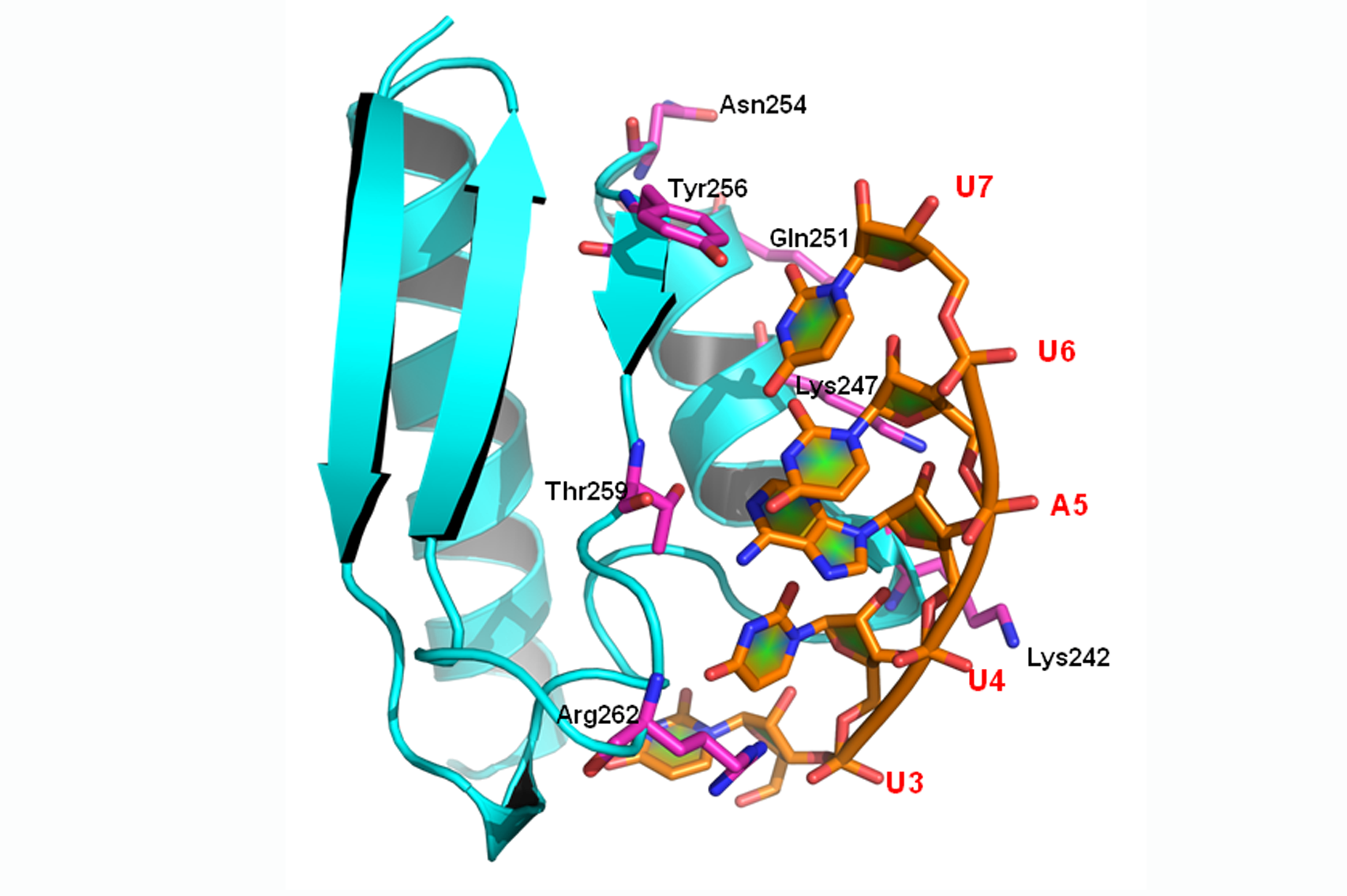Short RNA molecules known as microRNAs (miRNAs) play a vital role in the regulation of gene expression. Anomalies in miRNAs expression and function have been implicated in pathological processes, such as the development of chronic diseases like atherosclerosis. The regulatory functions of miRNAs usually take place in the cytoplasm, where they interact with target RNA transcripts to inhibit their translation into protein or promote their decay. IPEK Reseracher Donato Santovito and colleagues have now described an exceptionally different mode of action. By investigating a miRNA named miR-126-5p, Christian Weber’s team demonstrates that this molecule can unexpectedly be transferred into the cell nucleus and, by simply interacting with it, suppresses the activity of an enzyme, named caspase-3, which is responsible for killing the cell by programmed cell death. In this way, the molecule protects vascular integrity and reduces the extent of atherosclerotic lesions.
Atherosclerosis is often referred to as “hardening of the arteries” and underlies the development of cardio- and cerebrovascular diseases which represent the main cause of death worldwide. The condition occurs almost exclusively at bifurcations of the arterial tree, where turbulence of blood flow promotes damage to the endothelial cells that line the vessels, favoring the recruitment of inflammatory cells and the eventual development of atherosclerotic plaques. Endothelial cells express particularly high concentrations of miR-126-5p to protect them from damage. The new study set out to uncover the molecular mechanisms that mediate this function. The results demonstrate that the protective effect is initiated by the high shear stress imposed on the endothelial cells by the laminal flow of blood over their surfaces.

